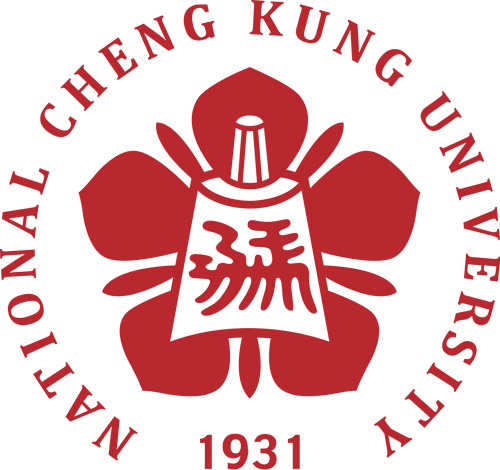Microalgae, despite its wide application as health foods, food additives, pigments, aquaculture feeds, growth-regulating agents, biofuels, wastewater treatments and carbon dioxide mitigation, microalgae cultivation has been rather limited in industrial-scale. Commercial cultures are mainly open pond systems that cultivate contamination-resistance cultures, such as Spirulina sp., Chlorella, and Dunaliella Salina. Even though photobioreactors have higher productivity, provide a better-controlled environment and be able to cultivate less contamination-resistant species, the manufacturing and operating cost is much higher than open pond systems, limiting their potential. In terms of biodiesel production, algae-based biodiesel production is 2.5 times more energy-intensive than conventional diesel.
Regardless of its huge potential for carbon dioxide mitigation and reducing greenhouse gas emission during microalgae cultivation, considered the energy used in the cultivation process, microalgae production is considered as not energy efficient and might result in a carbon-negative cycle, where carbon dioxide emission during production is much higher than the amount of carbon dioxide mitigated. Thus, there is a need to reduce the energy consumption of the microalgae cultivation process. Energy for mixing accounts for 68% of the total operating energy input. Mixing is necessary for the even distribution of nutrients, enhance mass transfer of carbon dioxide and oxygen, and inducing light-dark cycles to microalgae. Thereby, there is a need to design an energy-efficient photobioreactor to reduce the energy consumption for mixing the culture medium. However, the interaction of ocean wave-induced sloshing in mixing rate and mass transfer has not been fully researched.
Therefore, this project aims to study optimizing mass transfer and mixing in microalgae cultivation due to wave-induced sloshing, where the approach will be mainly based on experimental fluid mechanics to explore effects of sloshing hydrodynamics, mass transfer and mixing rate, so that scale-up of microalgae cultivation methodology to industrial-scale can be expected.
![]()
- Field: Nature Science
- School: National Cheng Kung University
- Organizer: Department of Hydraulic and Ocean Engineering
- Period of Apply: Please contact us to confirm the period of application!
- Term: Please contact us!
- Contact Person:Dr. Yun-Ta Wu
- Email:ytwu@mail.ncku.edu.tw








